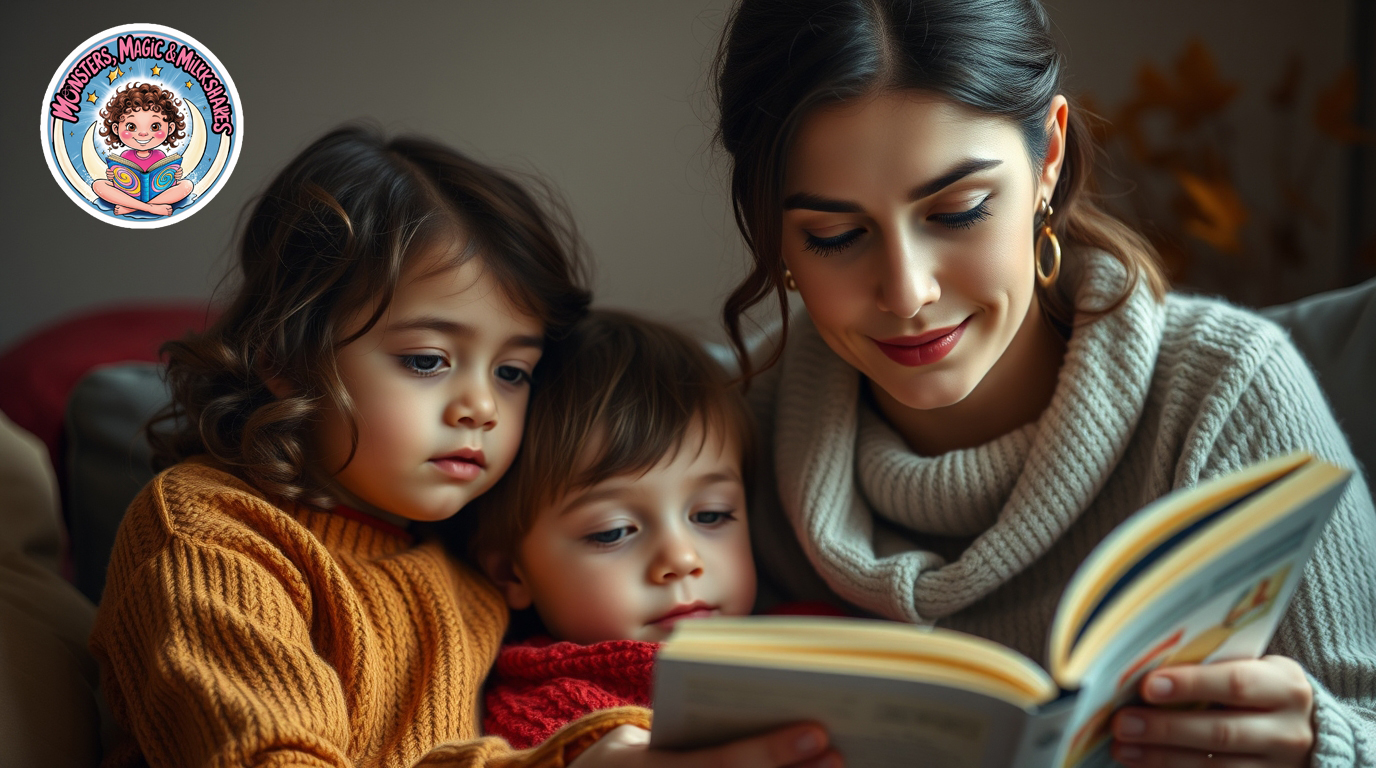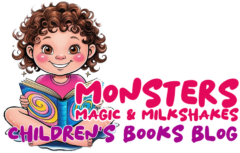Reading books with preschool children is much more than just a pastime. Studies show that children who are read to regularly score 20% higher in language and literacy skills by the time they enter kindergarten, according to a 2019 study published in the Journal of Developmental Science., underscoring the profound impact of early reading habits. It serves as a foundation for emotional, cognitive, and social development, shaping their early years and building skills that last a lifetime. In this article, we explore how reading books influences various aspects of a preschooler’s growth, from language development to emotional intelligence, and provide practical tips for parents to foster a love of reading in their children.
Why Reading Matters in Early Childhood
Preschool years, typically ages three to five, are a critical time for brain development. During this stage, the brain develops at an extraordinary rate, with 90% of its growth completed by age five, according to the Center on the Developing Child at Harvard University. This rapid development underscores the importance of enriching experiences, such as reading, during these formative years. During these years, the brain undergoes rapid growth, forming crucial neural connections that influence language, memory, and social skills. For instance, the prefrontal cortex, responsible for problem-solving and self-regulation, begins to mature, while the hippocampus supports early memory development. These milestones highlight why early exposure to enriching activities, like reading, can significantly shape a child’s developmental trajectory. During this period, children’s brains are highly malleable and capable of absorbing information at a remarkable rate. Introducing books into their daily routines nurtures both their intellectual and emotional faculties. Here are some key reasons why reading is essential:
- Language Development: Reading exposes children to a rich vocabulary, helping them understand words and phrases they might not encounter in everyday conversations.
- Cognitive Growth: Books stimulate imagination, reasoning, and problem-solving skills, laying the groundwork for critical thinking.
- Emotional Bonding: Shared reading sessions strengthen parent-child relationships by fostering intimacy and communication.
- Preparation for School: Familiarity with stories, letters, and numbers prepares children for formal education, giving them a head start in literacy and comprehension.
Language Development and Literacy Skills
Vocabulary Expansion
Books expose children to diverse words and phrases, enriching their vocabulary. This supports vocabulary development in preschool children, which is a crucial factor for future literacy. Preschoolers who are read to regularly hear about 1.4 million more words than children who are not, according to research from Ohio State University. This linguistic exposure directly correlates with better language skills and academic success.
Phonemic Awareness
Reading aloud helps children recognize the sounds that letters and words make. For example, nursery rhymes and rhythmic stories teach them how sounds combine to form words, which is essential for future reading proficiency.
Early Literacy
Picture books introduce preschoolers to basic concepts like letters, numbers, and shapes. Repeated exposure to printed words fosters recognition of letters and builds the foundation for reading and writing.
Cognitive Benefits of Reading
Imagination and Creativity
Books transport children to fantastical worlds, sparking their imagination. For instance, books like Where the Wild Things Are by Maurice Sendak allow children to explore magical adventures while also identifying with emotions like curiosity and bravery. Whether it’s a story about a talking animal or an adventure through space, stories encourage creativity by showing children that anything is possible.
Problem-Solving Skills
Storylines often present challenges or dilemmas that characters must overcome. By following these narratives, preschoolers learn basic problem-solving strategies, like persistence and teamwork.
Memory and Focus
When children follow a story from beginning to end, they practice concentration and memory retention. These skills are vital for academic success and everyday tasks.
Social and Emotional Development
Emotional Intelligence
Books allow children to explore complex emotions in a safe environment. Characters’ experiences help preschoolers understand feelings like empathy, joy, fear, and sadness. For example, books like The Rainbow Fish teach lessons about sharing and kindness.
Social Skills
Reading stories about relationships, teamwork, and conflict resolution helps children navigate social interactions. Books like Frog and Toad Are Friends introduce themes of friendship and cooperation.
Confidence and Resilience
As preschoolers identify with story characters who face challenges, they build resilience and self-confidence. Knowing that others overcome difficulties inspires them to do the same in real life.

Practical Tips for Parents to Encourage Reading
Start Early
Introduce books as early as possible, even when your child is an infant. Early reading benefits for infants and toddlers include increased attention spans and early language recognition. Board books with bright pictures and simple text are perfect for engaging young readers.
Create a Reading Routine
Set aside time each day for reading, ideally 20-30 minutes in the evening before bedtime when children are naturally winding down. This helps create a calming routine and reinforces the habit of daily reading. Consistency helps children associate reading with comfort and joy, making it a cherished part of their routine.
Make It Interactive
Ask questions about the story, encourage your child to predict what happens next, or let them point out objects in pictures. This makes reading a collaborative and engaging activity.
Choose Age-Appropriate Books
Select books that match your child’s developmental stage. For preschoolers, stories with repetition, rhymes, and colorful illustrations work best.
Visit Libraries and Bookstores
Frequent trips to libraries or bookstores expose children to a variety of books. Letting them choose their own books fosters a sense of independence and excitement about reading.
Types of Books Ideal for Preschoolers
Coloring and Activity Books
Coloring and activity books are excellent tools for engaging preschoolers while developing fine motor skills and creativity. These books often feature themes like animals, shapes, and letters, allowing children to learn through hands-on interaction. Activity books with simple puzzles or connect-the-dots also help with problem-solving and concentration.
Picture Books
Books with colorful illustrations and simple text help children connect words with images, enhancing comprehension.
Rhyming Stories
Rhymes and rhythms captivate preschoolers’ attention and aid in phonemic awareness.
Interactive Books
Lift-the-flap, pop-up, and touch-and-feel books add a tactile element that engages children’s senses and keeps them interested.
Books About Everyday Life
Stories about families, school, and familiar activities help children relate to characters and settings, making reading more meaningful.
Common Challenges and How to Overcome Them
Lack of Interest
If your child resists reading, try incorporating books that align with their interests, such as animals, trucks, or superheroes. Audiobooks can also serve as an alternative to traditional reading.
Limited Time
Busy schedules can make it hard to prioritize reading. Incorporate books into daily routines, such as bedtime or mealtime.
Screen Time Competition
Digital devices can be distracting. Set limits on screen time to reduce screen time for preschoolers and create a tech-free zone during reading sessions to maintain focus.
Benefits Beyond Preschool Years
The impact of reading extends well beyond preschool. Children who develop strong reading habits early are more likely to excel academically and socially in later years. They become better communicators, more empathetic individuals, and lifelong learners.
Conclusion
Reading books is a powerful tool for nurturing preschool children’s development. From language acquisition to emotional intelligence, the benefits of reading are profound and far-reaching. By incorporating books into daily life, parents can give their children the gift of knowledge, creativity, and connection. So, pick up a book, share a story, and watch your child’s world expand.



